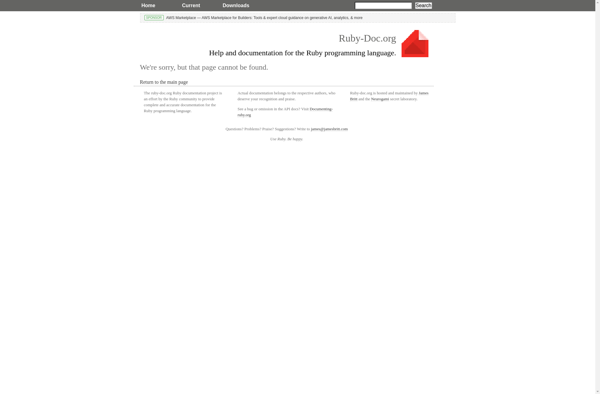Apache HTTP Server
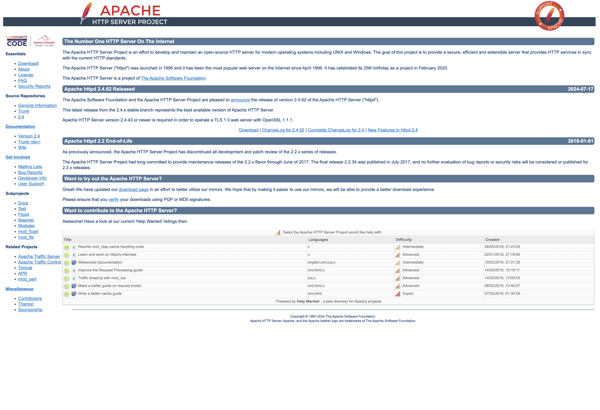
Apache HTTP Server: Robust Open-Source Web Server Software
Apache HTTP Server, commonly known as Apache, is a robust and open-source web server software widely used for serving web content. Known for its flexibility, extensibility, and stability, Apache plays a key role in the foundation of the World Wide Web. It supports various modules, configurations, and is customizable to suit diverse web hosting needs.
What is Apache HTTP Server?
The Apache HTTP Server, commonly referred to as Apache, is a powerful and open-source web server software that has played a central role in the development of the World Wide Web. With a focus on reliability, flexibility, and extensibility, Apache has become one of the most widely used web servers globally. Key Features: Web Server Functionality: Apache serves as a web server, handling HTTP requests from clients and delivering web content, including static files, dynamic content, and multimedia. Modular Architecture: Apache follows a modular architecture, allowing users to extend its functionality through modules. These modules can add features such as additional protocols, authentication mechanisms, and server-side scripting. Configurability: Apache's configuration is based on simple and human-readable text files. Users can customize various aspects of the server's behavior, including virtual hosts, security settings, and request handling. Security Features: Apache includes features to enhance web server security, such as access controls, SSL/TLS support, and various authentication methods. Security updates and patches are regularly released to address vulnerabilities. Scalability: Apache is designed to handle a large number of simultaneous connections efficiently. It supports configurations for handling high traffic and can be deployed in clustered environments for improved scalability. Open Source: Being open-source software, Apache is freely available for use, modification, and distribution. This has contributed to its widespread adoption and community-driven development. Compatibility: Apache is platform-independent and runs on various operating systems, including Unix-based systems (Linux, BSD, etc.), Windows, and macOS. Community Support: Apache has a large and active community of developers and users who contribute to its ongoing development, provide support, and share knowledge through forums and documentation. Reverse Proxy: Apache can act as a reverse proxy, forwarding requests to backend servers and serving as an intermediary between clients and application servers. Apache's longevity and continued development have established it as a reliable choice for hosting websites, web applications, and services. It is often used in combination with other software stacks, such as the LAMP (Linux, Apache, MySQL, PHP/Perl/Python) stack, to create robust and scalable web environments.
Apache HTTP Server Features
Features
- High performance
- Extensible through modules
- Runs on various platforms like Linux, Windows, Mac OS, etc
- Open source with large community support
- Secure - supports SSL/TLS encryption
- Highly customizable
- Supports various scripting languages like PHP, Python, Perl, etc
- Handles large traffic volumes
- Supports virtual hosting for hosting multiple websites
- Load balancing and proxy capabilities
- Access and authentication control
- Caching for improved performance
- Easy log file access and analysis
- Supports compression
- Rewriting URLs
- Serving static files
Pricing
- Open Source
Pros
Cons
Official Links
Reviews & Ratings
Login to ReviewThe Best Apache HTTP Server Alternatives
Top Network & Admin and Web Servers and other similar apps like Apache HTTP Server
Here are some alternatives to Apache HTTP Server:
Suggest an alternative ❐Nginx
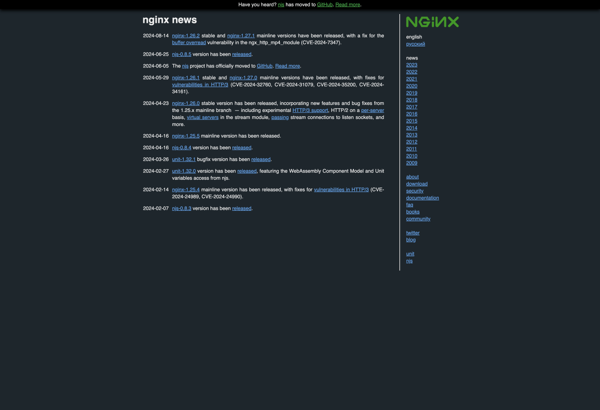
Lighttpd
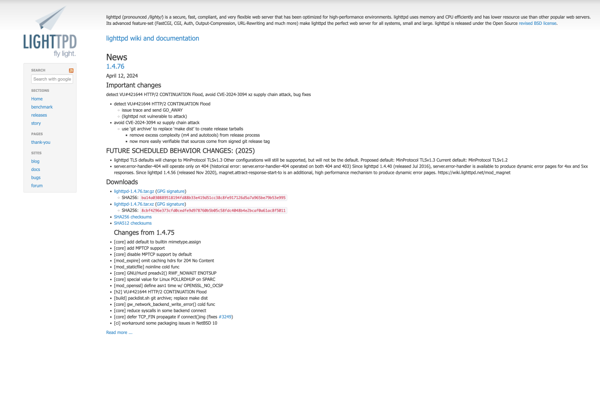
Tornado Web Server
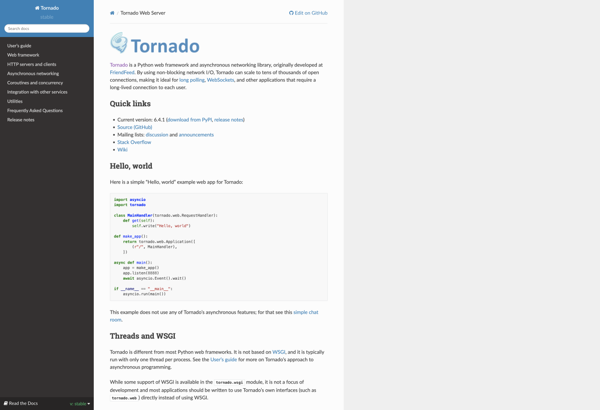
SimpleHTTPServer
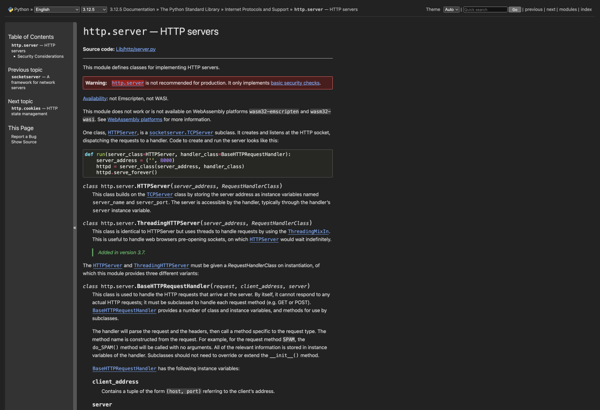
Microsoft IIS
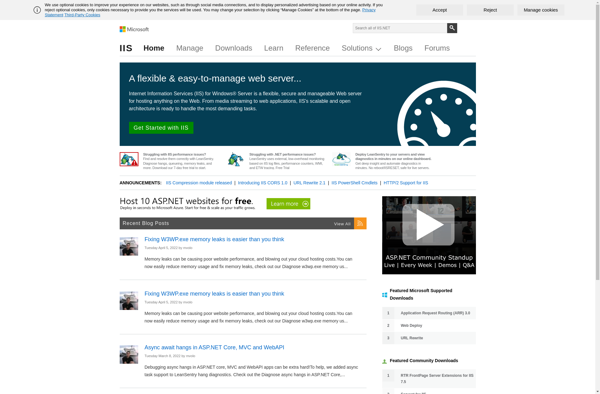
Portable Webserver
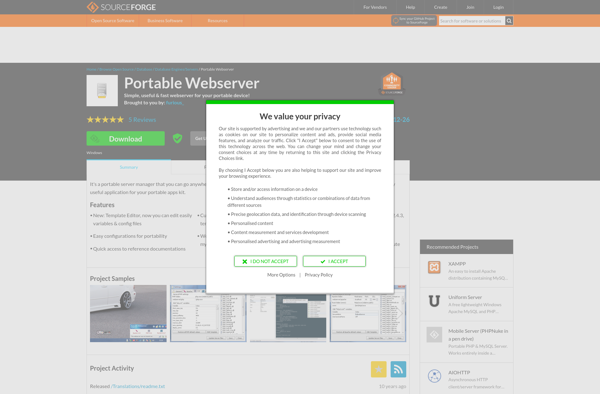
Winginx
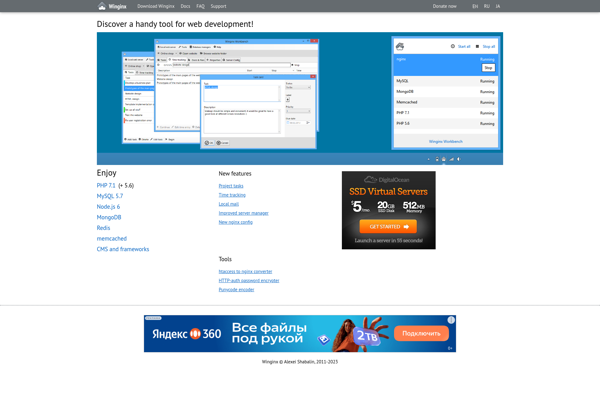
Caddy

LiteSpeed Web Server (LSWS)

Abyss Webserver
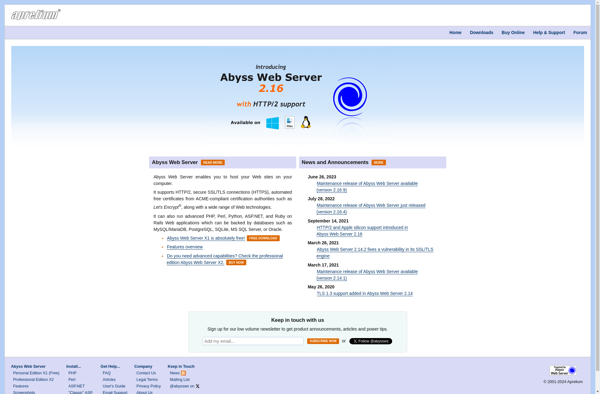
SecureWAMP

WPN-XM

TinyWeb
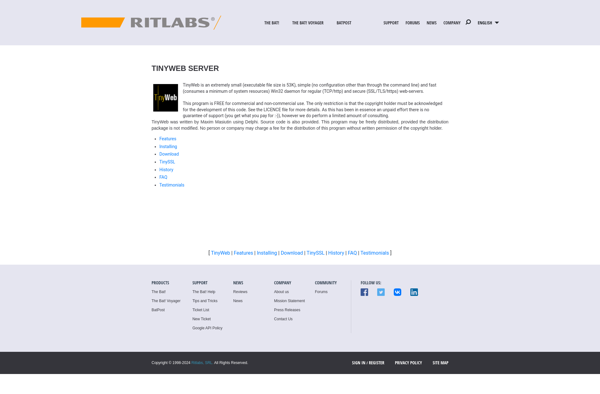
Simple HTTP Server

Webfs

OpenLiteSpeed

Windows Webserver

Baby Web Server

KatWeb
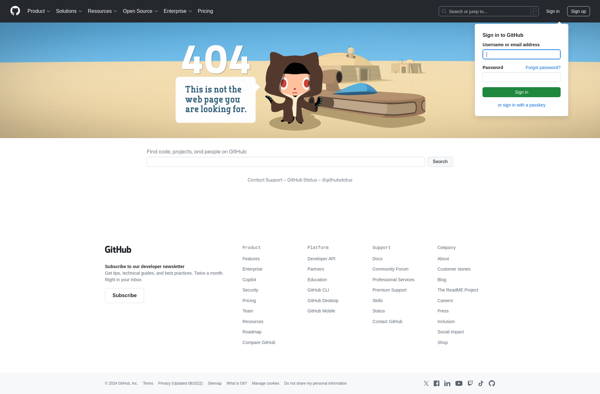
Osgood
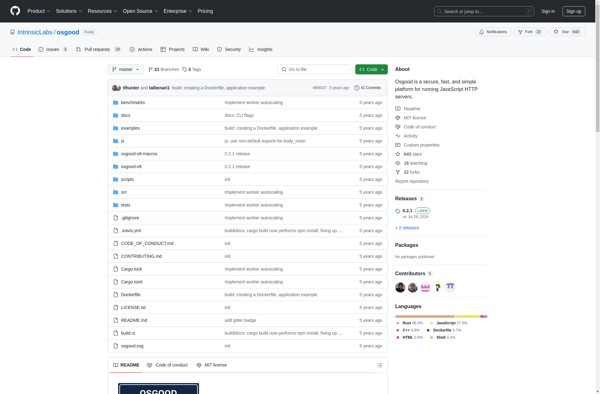
Cherokee
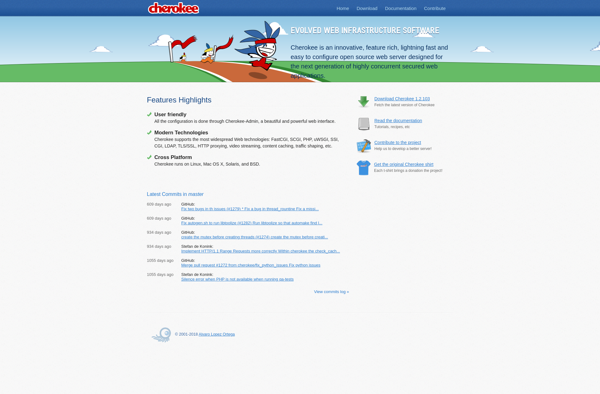
UltiDev
Nanoweb

Algernon
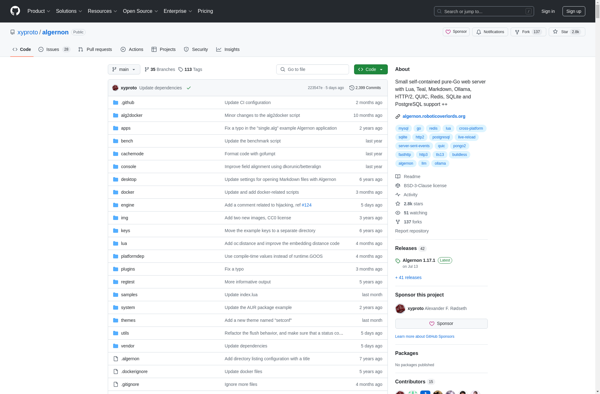
TrustLeap G-WAN Web Server

Mongrel
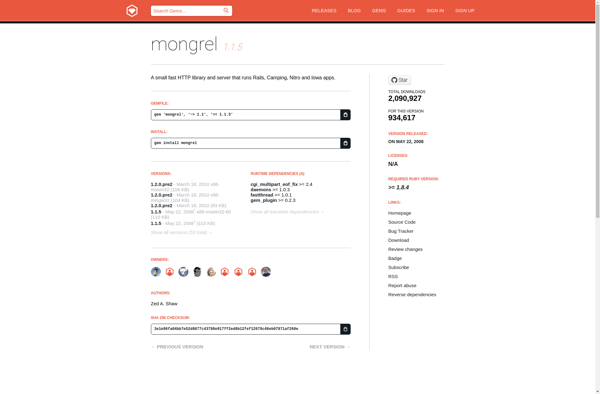
Hiawatha

ShimmerCat
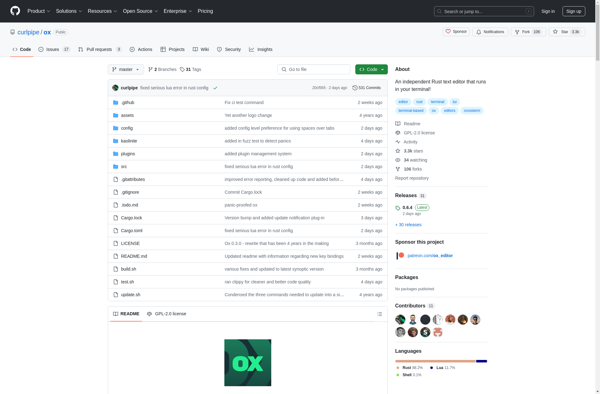
Thttpd

Mongrel2
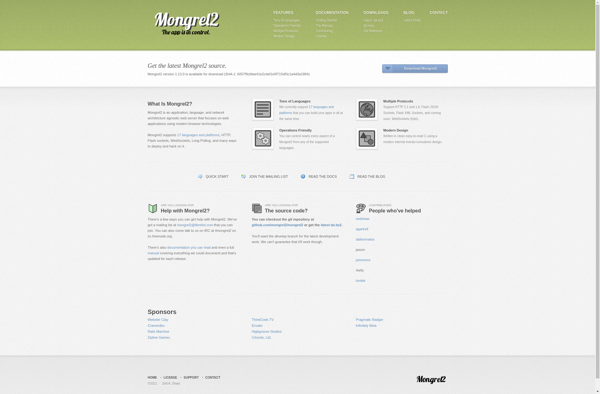
Appweb

SimpleServer:WWW

VBServer
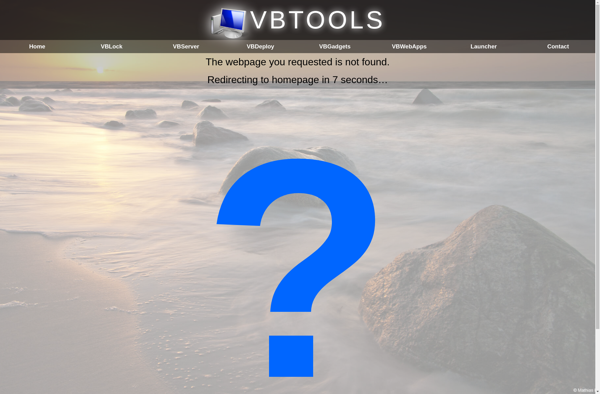
Lwan
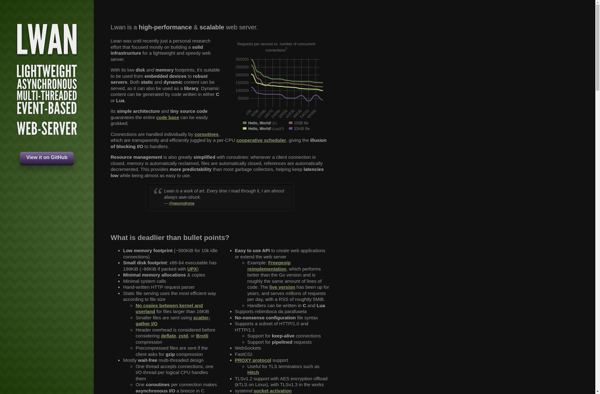
Tntnet

WEBrick
